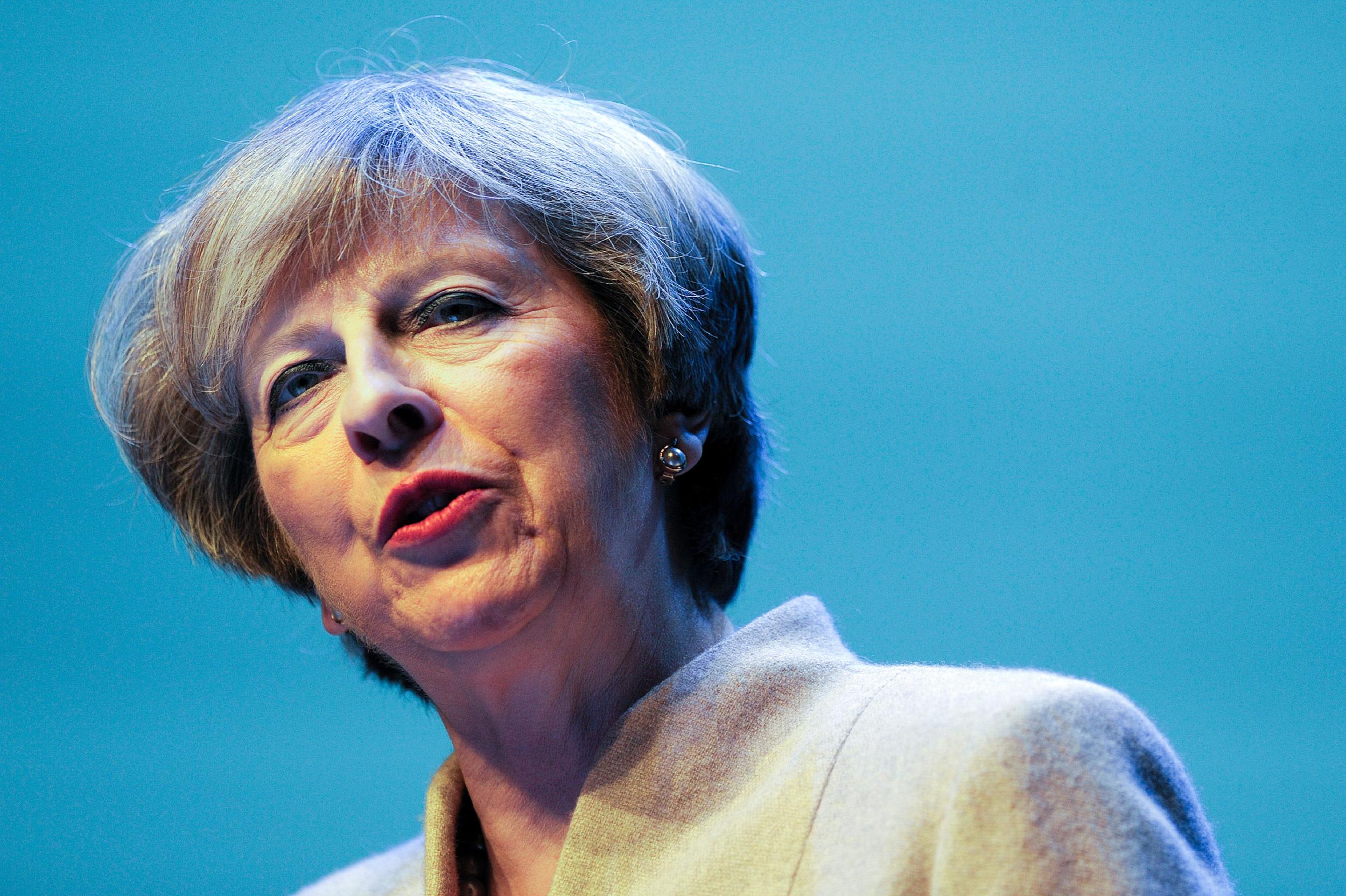Brexit: Peers criticise government for poor response to concerns over Theresa May's approach to EU departure
The response to Brexit concerns lacked “rigour and analysis”, says Lords committee

Two Lords committees have attacked the poor quality of the Government’s response to their report raising concerns over Theresa May’s approach to Brexit, saying it lacked “rigour and analysis”.
The cross-party group of peers said the official ministerial response to their report, which pointed to gaps in the Government’s approach to Article 50 talks and post-Brexit trade, was undetailed and repetitive.
It comes amid warnings that Ms May is stirring resentment at the way she is treating parliamentary procedure and following claims that Whitehall is unprepared for the Brexit process.
The EU External Affairs and Internal Market Sub-Committee’s report Brexit: the options for trade sought a series of clarifications from the Government on its approach to the European Economic Area, trade, Ireland and the European Court of Justice.
But after reading the Government’s reaction to the report, it wrote back: “We are disappointed …at the quality of the document, which the Sub-Committees felt was often repetitive.”
It added: “A number of the responses did not address the issues raised by the Sub-Committees, and in other cases points were not addressed with the appropriate level of rigour and analysis.
“This suggests that the Government is not taking our concerns, or those of our expert witnesses, as seriously as it should.”
The report went on to say there was “disappointingly little detail” in the Government’s response on the issue of how Brexit will affect the border with Ireland, and how problems might be resolved.
Ms May found herself fighting a court battle after seeking to trigger Article 50 without consulting Parliament.
She was told by Supreme Court judges that she could not use the Queen’s powers to take Britain out of the EU and would need legislation, but was then later accused of seeking to bully MPs and peers into allowing her Article 50 Bill to pass unamended – she even took the unprecedented step of going to the Lords to watch the debate from the floor of the Chamber.
When Conservative peer Michael Heseltine said he would vote against the government on two amendments, which sought to guarantee the rights of EU citizens in the UK and give Parliament a say on the final deal, he was sacked from his job advising ministers on devolution.
Meanwhile, ex UK Ambassador to the EU EU Sir Ivan Rogers quit his job after despairing at “muddled thinking” in government. He also shone a light on the strain Brexit is putting on Whitehall.
He said departments had failed to maintain reports to his team as they struggled to cope with the prospect of Brexit and keeping up on its potential implications.
He told members of a Commons committee that reports routinely received from departments, giving his team direction on what positions to take, dried up in the wake of the referendum, with the quality and quantity of documents suffering.
Join our commenting forum
Join thought-provoking conversations, follow other Independent readers and see their replies
Comments